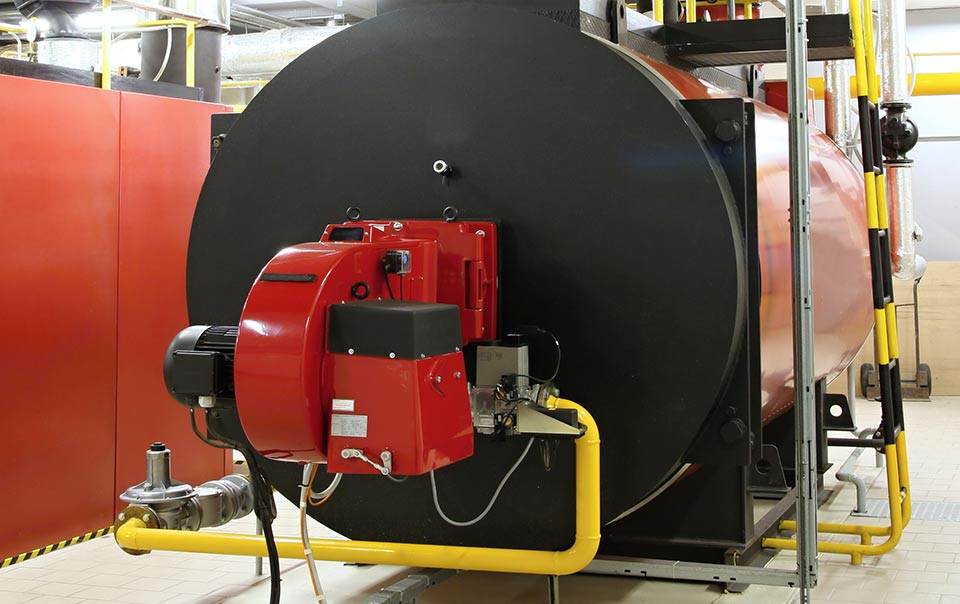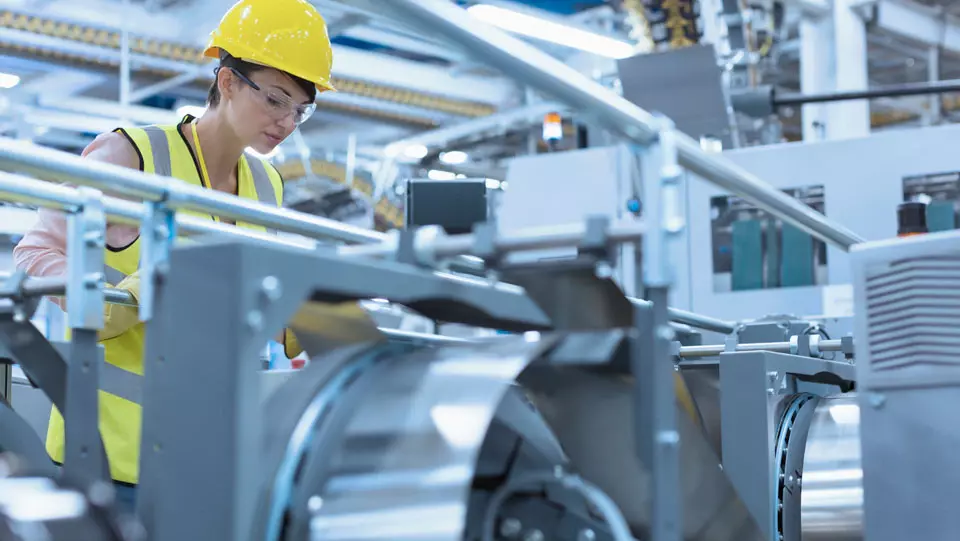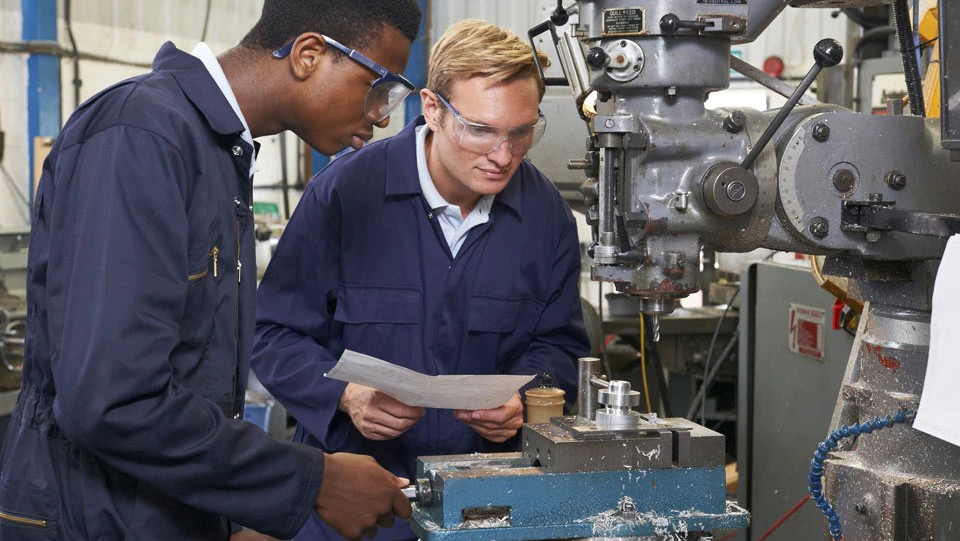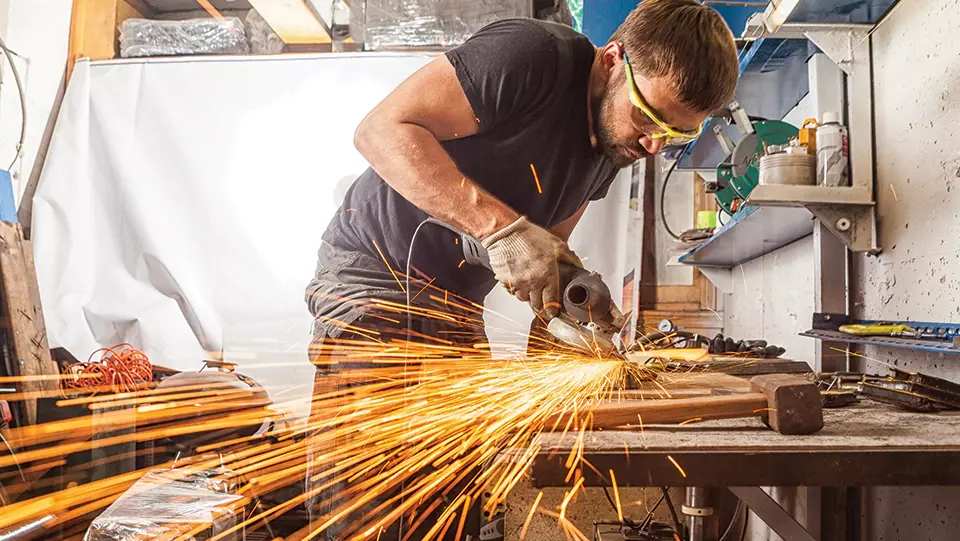The Impact of Emerging Technology on Equipment

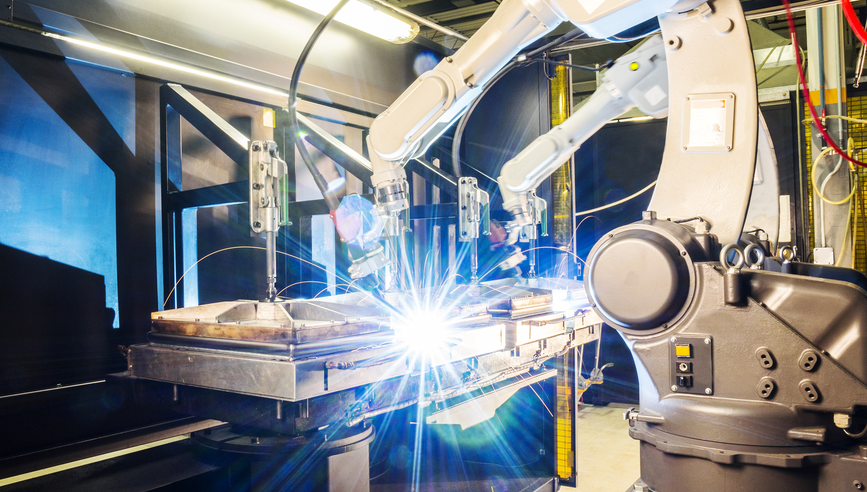
Companies are becoming increasingly reliant on emerging technologies, with an estimated 7.5 billion connected devices expected to join the Industrial Internet of Things by 2020.1 Data centers are increasingly vital to business operations. Complex, digitally controlled, remotely operated machinery is replacing much of the manual operator control equipment. This rapidly evolving technology means new risks for businesses.
While the term “equipment” once primarily referred to boilers, today’s equipment is more complex and is controlled by sophisticated operating systems and proprietary data. Cloud-based data storage can hold critical information that affects virtually all aspects of a business’s operations. A single bottleneck in the system architecture could compromise the entire system and make it harder for a business to recover.
What happens when the equipment powered by emerging technology fails? It can be more complex, time-consuming and expensive to repair, which can lead to extended downtime that impacts business operations. For example, a failed Internet of Things (IoT) connected device could cause a mechanical failure of critical production equipment that ultimately results in delayed delivery of products to customers. Failure of a sensor intended to signal the need for maintenance could result in missed preventive service on a critical piece of equipment, leading to a catastrophic breakdown.
“With higher-tech equipment comes different and potentially higher risks for businesses,” says Gregory McRae, a Travelers Boiler & Machinery Claim professional. Today’s just-in-time supply chain environment leaves companies less time to recover from critical equipment failure. Long lead time repairs to complex machinery can mean mounting expenses and delays that can put customer relationships at risk.

With higher-tech equipment comes different and potentially higher risks for businesses.
Gregory McRae
Travelers Boiler & Machinery Claim professional
Some technology is so new that companies are only beginning to realize the challenges of recovering after it goes offline, placing new demands on production and maintenance managers. Here’s a look at how emerging technology is impacting equipment breakdown and five ways companies can prepare to be more resilient.
1. Understand the unique challenges of new technology and machinery
Wind, solar and the use of biofuel-powered generators can all help businesses reduce their energy costs. However, they also come with new and different risks. A food processor who uses its waste as a biofuel might not have equipment operators and maintenance staff who are familiar with the risks associated with power generation equipment. For example, with biofuels, operators might not recognize the risks to machinery caused by lesser fuel quality and the need for increased maintenance. This can increase the likelihood of failure. To address these and associated risks, companies employing new technologies can develop a well-thought-out management of change program that educates key personnel on the challenges and risks that come with the new machinery and systems.
2. Understand the sensitivities of new technology
Sophisticated equipment is expanding to all industries. For example, in saw mills, lasers are analyzing logs in 3D to assess the optimal place to make a cut, and in dairy farms, “connected cows” can offer the potential of healthier herds and increased milk production. While these established industries are reaping the benefits of new technologies, they also need to adjust their practices to help ensure that these new technologies continue to function as intended. Clean, dry and cool operating environments can be particularly important to electronics and operating systems, as well as their dependence on network connectivity. As companies explore the benefits of technology and equipment, they can also learn their sensitivities and adjust their facilities and operating environments accordingly.
3. Train employees on inspection and maintenance
Train plant operation and maintenance teams on the normal operation of plant equipment and to recognize abnormal conditions that may lead to failure. Maintenance personnel should be knowledgeable in the preventive and predictive maintenance needs of the specific equipment. Original equipment manufacturers training programs are usually the best source of this knowledge. Having a good training program across the organization can help ensure that operators are qualified to run equipment properly to reduce the chances of it breaking down and to know how to respond quickly at the first signs of a problem. Companies can also develop formal relationships with the manufacturer and/or service companies to help expedite needed repairs that may be beyond the capabilities of plant maintenance staff.
4. Evaluate impact on business continuity plans
One sophisticated piece of equipment, such as a robotic work cell, may have replaced three or four manual machines. In the past, if one manual machine failed, the operation of the remaining machines could be adjusted to minimize the effect on plant production. With newer and more complex machinery, companies need to understand the new downtimes and adjust their contingency plans to protect production and workflow. Business continuity planning is increasingly critical as companies embrace complex machinery that may perform multiple steps in a manufacturing process.
5. Implement a backup plan and practice it regularly
If a data center goes down in a distribution facility, it could leave delivery trucks idle for hours or days, backing up deliveries and infuriating customers. “Even with robust operating systems and data backup programs, the time it takes to recover from a data system breakdown can significantly disrupt a company’s business,” says Andy Skelton, a Travelers Risk Control professional. “The time to recover normal operations can be further delayed if the recovery plan is not smoothly implemented.”
Skelton encourages customers to regularly practice their backup plans and test batteries, UPS systems and redundant cooling systems. “Simply having a recovery plan is not enough,” Skelton adds. “A backup plan needs to be well documented, known and understood by key personnel and routinely tested to help ensure a company can respond adequately to unanticipated events.”
